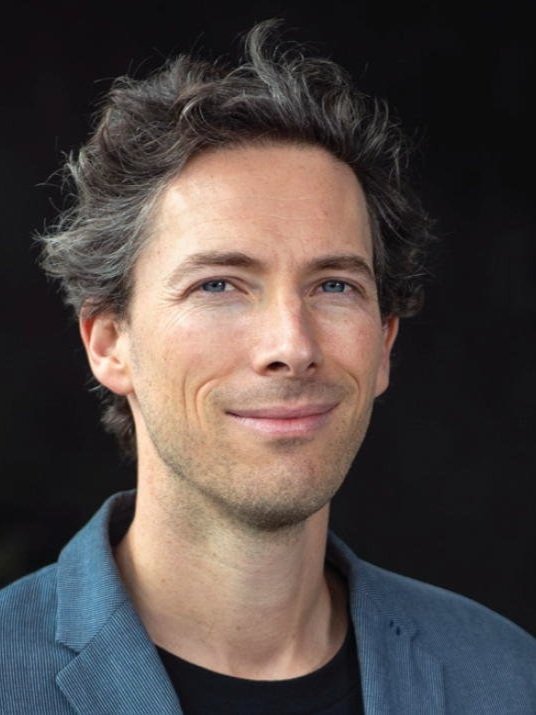INVITED SPEAKERS
Hover on the image learn more about our invited speakers
A/Prof Marie-Liesse Asselin-Labat
Walter and Eliza Hall Institute of Medical Research
PRESENTING: Early immune pressure initiated by tissue-resident memory T cells sculpts tumour evolution in non-small cell lung cancer
A/Prof. Paul Beavis
Peter MacCallum Cancer Centre
PRESENTING: CRISPR/Cas9 Engineering of Next-generation Armoured CAR T Cells
Prof Sammy Bedoui
The University of Melbourne
PRESENTING: Microbiota-induced responsiveness of CD8+ T cells to cancer immunotherapy
A/Prof Michelle Boyle
The Burnet Institute
PRESENTING: Host-directed Treatment to Improve Anti-parasitic Immunity to Malaria
Prof Mark Dawson
Peter MacCallum Cancer Centre
PRESENTING: Epigenetic mechanisms of malignant clonal dominance and immune evasion
Dr Behnaz Heydarchi
Walter and Eliza Hall Institute of Medical Research
PRESENTING: Mining the human immune repertoire to prevent haemolytic disease of the newborn
Dr Jennifer Juno
Peter Doherty Institute
PRESENTING: Immunotherapeutic potential of gamma delta T cells
Prof Sherene Loi
Peter MacCallum Cancer Centre
PRESENTING: The immune infiltrate in breast cancer and relevance for prognosis and checkpoint inhibition
Dr Oliver Klein
Oliva Newton John Cancer Research Institute
Prof Seth Masters
Walter and Eliza Hall Institute of Medical Research
PRESENTING: New mutations causing type I IFN mediated disease
Dr Michaela Waibel
St Vincent’s Institute
PRESENTING: Testing JAK inhibitors in type 1 diabetes – the BANDIT study
A/Prof Jason Tye Din
Walter and Eliza Hall Institute of Medical Research
PRESENTING: Resetting gluten immunity: lessons from the first immunotherapy trial in coeliac disease
Prof Menno van Zelm
Monash University
PRESENTING: New insights into plasticity of human memory B cells from allergen immunotherapy
Prof Di Yu
Frazer Institute - The University of Queensland
PRESENTING: Targeting IL-21 to safeguard the quality of adaptive immunity
Prof. Paul Hertzog/Dr Nicole Campbell
Hudson Institute of Medical Research















